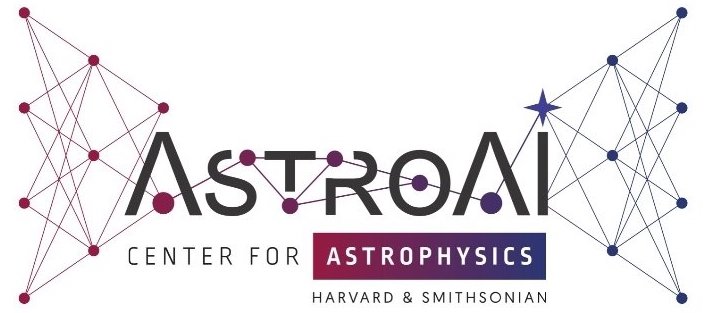Improving Fast Radio Burst Localizations Using Simulation-Based Inference
Presenter: David Krejcik
Title: Improving Fast Radio Burst Localizations Using Simulation-Based Inference
Date/Time: Thursday, June 20th, 3:00 PM
Abstract: Fast radio bursts (FRBs) are extremely brief and bright flashes of radio waves originating from distant galaxies. Localizing FRBs to or within a host galaxy is key to exploring their physical origin(s) and using them as cosmological probes. However, poor uv-coverage of interferometric arrays and susceptibility to calibration errors can make FRBs exceptionally hard to localize accurately. I am exploring whether convolutional neural networks can extract a reliable localization estimate from a single FRB observation. I have built a Very Long Baseline radio Interferometry (VLBI) simulator for producing representative FRB maps as a training data set for Simulation-Based Inference (SBI). I use an embedded convolutional neural network to overcome the computational limitations of the fully connected SBI pipeline with parameters jointly learned during training. I train SBI on the dimensionally reduced feature latent space, sample the SBI posterior, and show that this setup can estimate localisation uncertainty when trained on simulated images of FRB VLBI observations. I will comment on the limitations and challenges of this approach, discuss its implications and results of testing on real observations of the hyper-active repeating FRB~20220912A, and discuss the viability of using SBI with an embedded neural network for creating a fast and reliable pipeline for the localization of FRBs.
